Convicted High Country killer Greg Lynn’s reasons for appeal over Carol Clay’s death revealed
Details of why jailed pilot Greg Lynn is hoping to overturn his murder conviction for the death of missing camper Carol Clay have been revealed in court documents.

The four reasons why jailed pilot Greg Lynn is hoping to overturn his conviction and sentence have been revealed.
Lynn, 58, was jailed last month for a maximum of 32 years after a jury found he murdered Carl Clay, 73, more than four years ago.
Ms Clay vanished while on a camping trip with her partner Russell Hill, 74, in the Wonnangatta Valley, with their incinerated remains found 20 months later after Lynn’s arrest.
Handing down the former Jetstar training pilot’s sentence on October 18, Supreme Court Justice Michael Croucher said while he could not determine a motive for the murder, it was nonetheless “violent, brutal, horrific”.
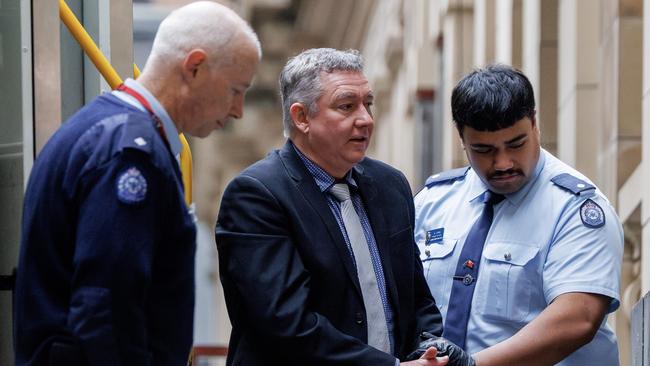
Justice Croucher said he was satisfied there was a “brusque interaction” between Lynn and Mr Hill, before Ms Clay was shot in the head.
Lynn was acquitted of murdering Mr Hill and maintains their deaths were accidental.
His appeal against both sentence and conviction will be based on four grounds, according to court documents released by the Court of Appeal this week.
In the document’s Lynn states he wishes to be personally present at the hearing of the appeal.
Filed by his solicitors Chris McLennan & Co, Lynn will argue there has been a substantial miscarriage of justice and that the guilty verdict of the jury is unsafe an unsatisfactory.
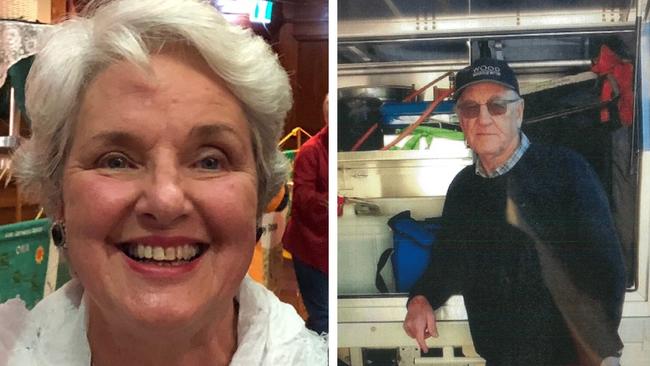
He will also argue his sentence — which was seven years above the standard sentence of 25 years — is “manifestly excessive in all the circumstances”.
Lynns defence will argue Crown Prosecutor Daniel Porceddu launched a “sustained attack” on the credibility of the accused man’s account without putting their claims to Lynn when he was on the stand.
Mr Porceddu’s closing address was criticised for this by both defence barrister Dermot Dann KC and Justice Croucher — who included a jury direction in his final address.
“Because of this breach of the basic rules of fairness, you may more readily reject the prosecution’s arguments and the inferences the prosecution wants you to draw,” the judge said.
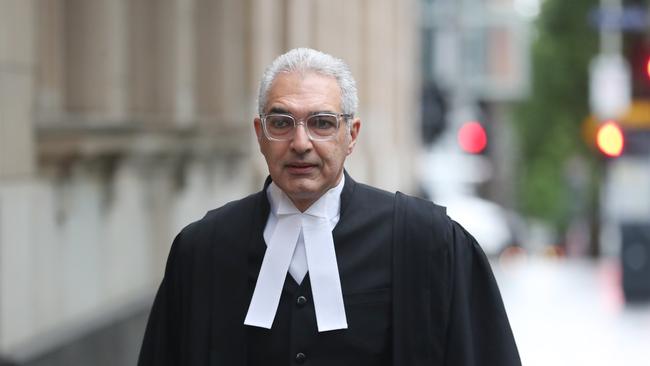
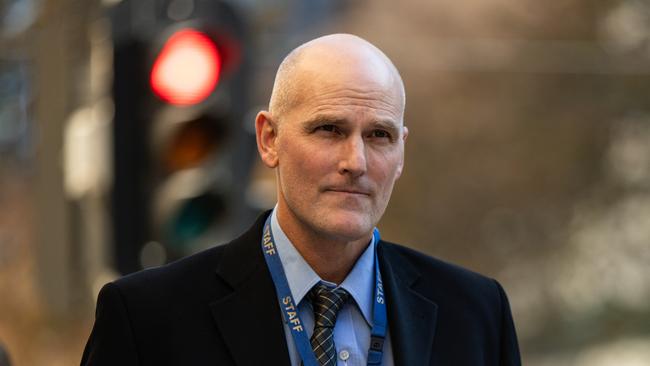
The second ground Lynn will appeal on was the prosecution approach to the evidence of ballistics expert Senior Constable Paul Griffiths, which he will argue was a “serious departure” from the rules that govern fair trials.
In his closing address, Mr Dann criticised prosecutors for failing to ask a single question of Constable Griffiths about trajectory and deflection tests he’d conducted.
Mr Dann said this then fell to the defence to adduce and argued it was ignored because it supported Lynn’s account.
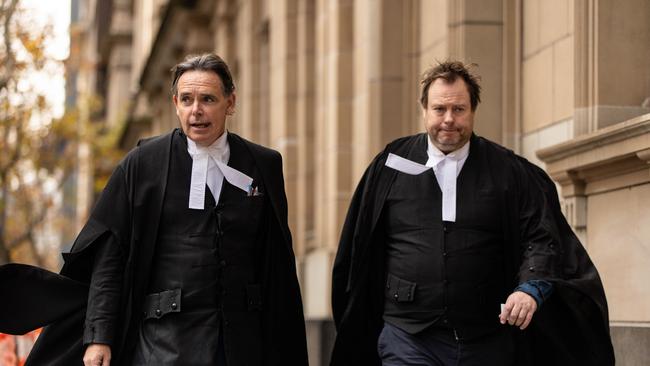
According to the documents, Lynn’s third and fourth grounds of appeal relate to how the jury reached their verdict.
“A substantial miscarriage of justice has occured in circumstances where there is an unacceptable risk that the jury travelled down an impermissible pathway in arriving at their guilty verdict,” his lawyers wrote.
“The guilty verdict of the jury is unsafe and unsatisfactory.”
The Court of Appeal now has complete discretion to decide if and when they will hear Lynn’s appeal.

